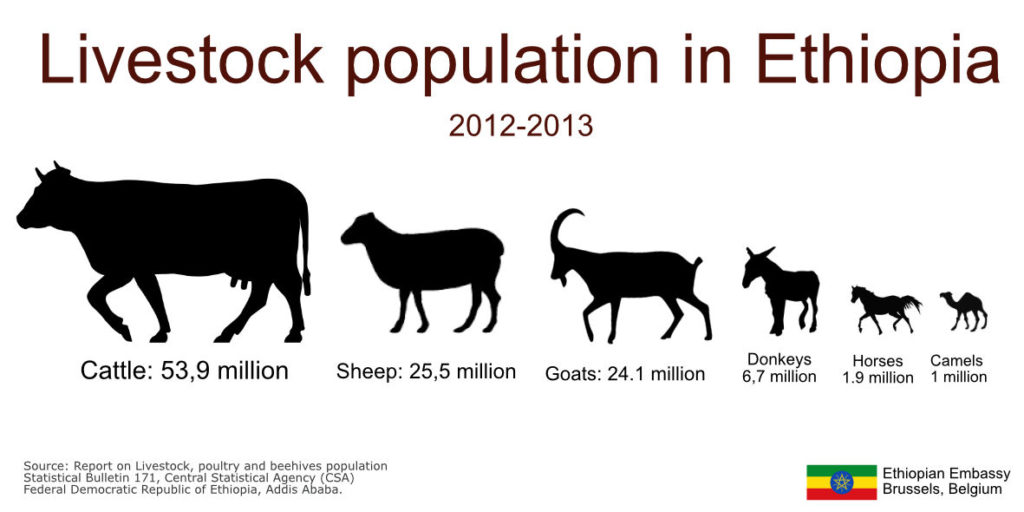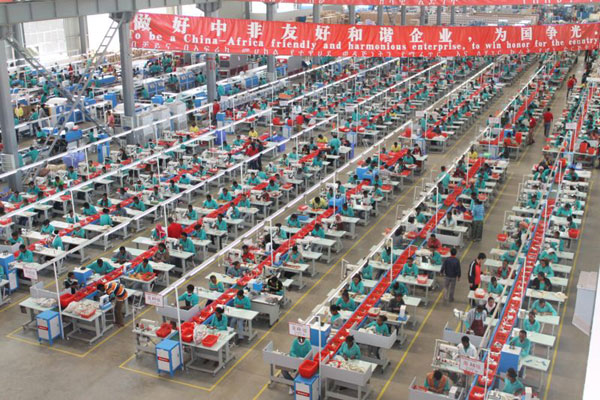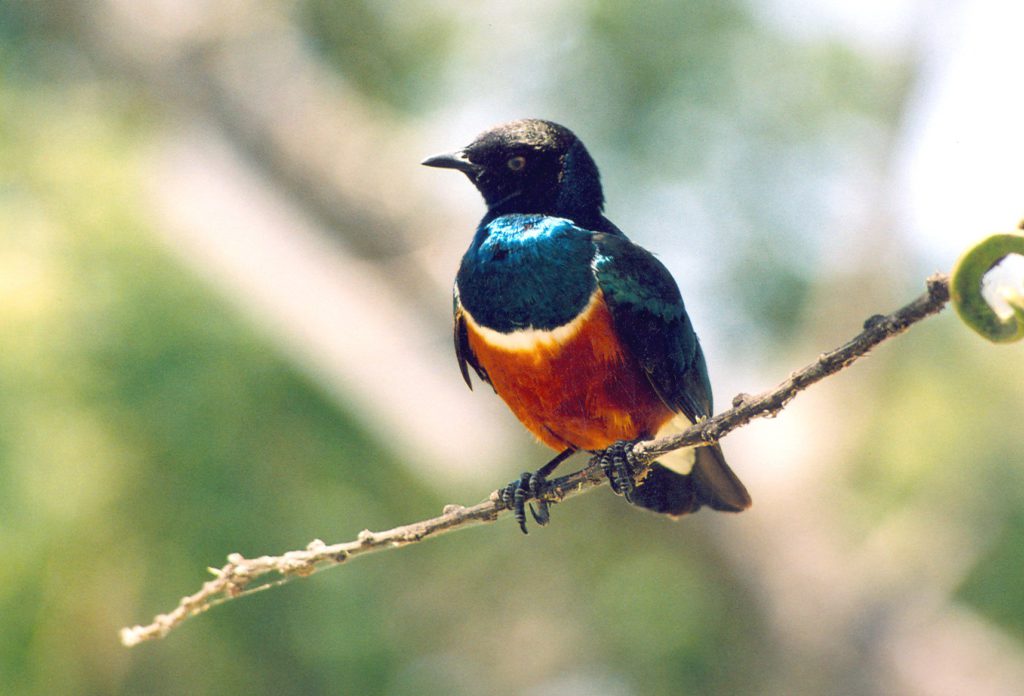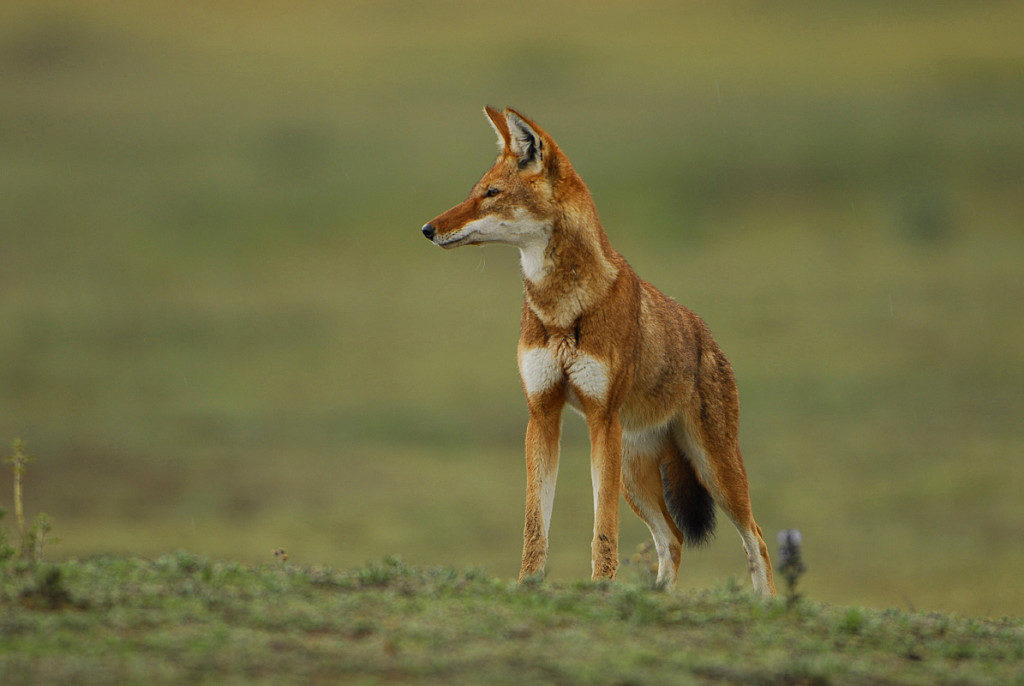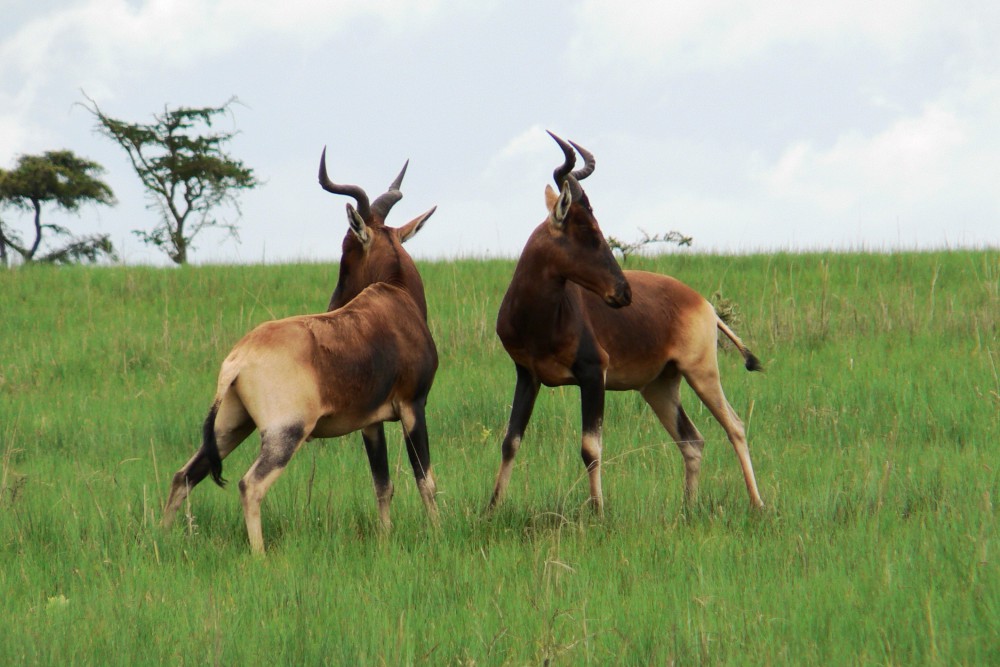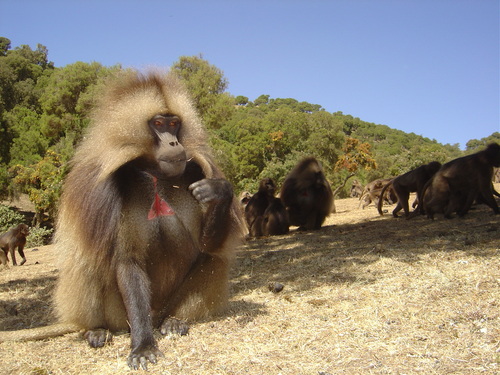Tuesday 21st April 2015
Release: Immediate
The people and government of Ethiopia are greatly saddened by the barbarous killing of innocent Ethiopian Christians in Libya.
The Government of the Federal Democratic Republic of Ethiopia strongly condemns the killings, even more so when they were supposedly committed in the name of religion.
Atrocities of this kind have nothing to do with religion: they merely illustrate the psychotic nature of terrorism and violent extremism. There is no excuse for such deliberate crimes against humanity.
Ethiopia has been in the frontline in the fight against terrorism for a number of years now. Its determination to prevent terrorism taking root in Ethiopia and the region underlines why it has taken an active role in responding to the terrorist activities of Al-Shabaab in neighboring Somalia, elsewhere in the sub-region and internationally. Ethiopia will remain vigilant to ward off terrorism and extremism.
The Government is ready to repatriate any and all Ethiopians in Libya. Ethiopia’s Ministry of Foreign Affairs has called on all Ethiopians residing in Libya to contact the nearest Ethiopian Embassies in Cairo and Khartoum for assistance. The Government is also contacting other stakeholders to help Ethiopian citizens leave Libya. The Ministry welcomes the strong condemnation of the killings by the AU, USA, EU, Canada and the international community at large.
Both the Ethiopian Muslim Affairs Supreme Council (EMASC) and the Ethiopian Orthodox Church (EOC) have condemned Islamic State’s barbaric acts.
The EMASC strongly condemned the slayings as “genocidal acts”. EMASC President Hajji Mohammed Aman Jemal said “the slaying committed by the terrorists is a shocking deed which stands contrary to the Holy Quran. Human beings are sacred,” so says the Holy Quran. “This shows the respect it has for mankind, oblivious of their colour, ethnic origin and religion.”
He added that the Prophet Mohammed explicitly ordered Muslims not to harm Ethiopia. The act perpetrated by extremists is therefore an atrocity that blatantly disrespects Islam and the Holy Quran.
The Ethiopian Orthodox Church condemned the killings. The patriarch, His Holiness Abune Mathias, said the victims are Ethiopians and followers of the Ethiopian Orthodox Church. The act does not represent any religious institution and faith, but is an act committed by terrorists that should be condemned, he said.
The patriarch added that the EOC supports the efforts of the government to safely bring back citizens. He advised citizens to focus on earning their livelihood in their own country “instead of going to countries that do not guarantee their safety, religion and property”. He affirmed that the church will extend support to those who come back from Libya.
Now it is confirmed that Ethiopian citizens were among the victims, while condemning this heinous act, the Ethiopian Government will continue its investigations.
In respect for the victims, Ethiopia has declared a 3-day period of mourning, beginning today.
—-ENDS—-
